Top 8 Things to Know About Januvia
Januvia is a medication that is used to control blood sugar levels in patients with type 2 diabetes. It is an oral medication that is taken once daily and is ... read more...typically used in conjunction with diet and exercise to manage diabetes. Januvia has become a popular medication due to its effectiveness and convenience, but there are several important things to know about it before starting treatment. In this article, Toplist has compiled for you a list of things to know about Januvia.
-
Januvia is a prescription medication used to treat type 2 diabetes in adults, along with diet and exercise.
Januvia is not recommended for people with type 1 diabetes.
If you have had pancreatitis (pancreatic inflammation) in the past, it is unknown if you are more likely to develop pancreatitis while taking Januvia.
Januvia's safety and effectiveness in pediatric patients have not been established.
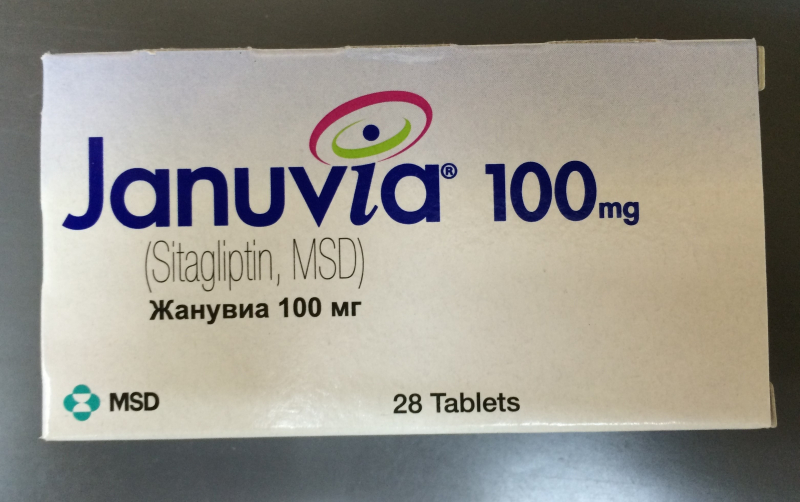
Photo on Wikimedia Commons (https://upload.wikimedia.org/wikipedia/commons/f/fa/Januvia_sitagliptin.jpg) 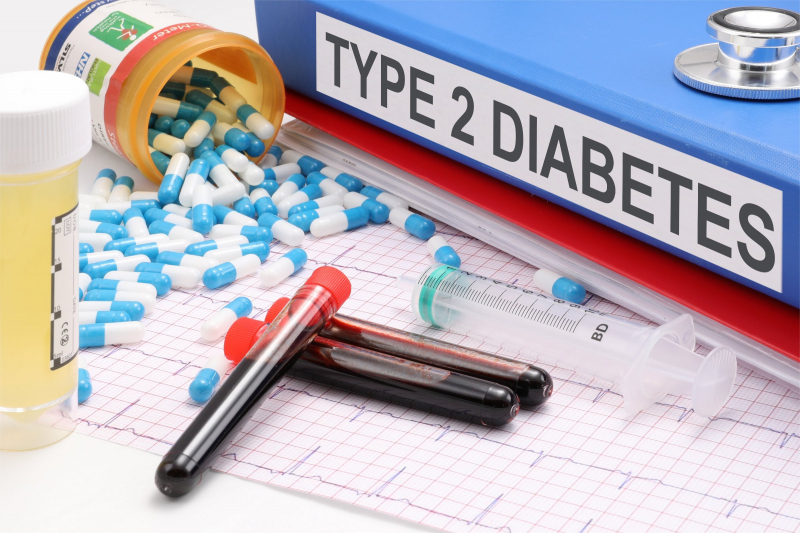
-
Sitagliptin is sold under the trade name Januvia.
Sitagliptin, the active ingredient in Januvia, is a medication that may be used to treat type 2 diabetes. It is believed to work by boosting insulin release and lowering glucagon levels by delaying the inactivation of incretin hormones. The intestine continuously secretes incretin hormones throughout the day and in reaction to eating. The enzyme dipeptidyl peptidase 4 (DPP-4) quickly deactivates these hormones.
The group of drugs known as DPP-4 inhibitors includes Januvia. It does not block DDP-8 or DPP-9 and is just selective for DPP-4 (the inhibition of these two enzymes has been associated with severe toxicity).
Januvia works in conjunction with diet and exercise by enhancing your body's own ability to lower. When your body detects high blood sugar levels, Januvia works to significantly lower them. When your body detects a drop in blood sugar, Januvia works less effectively. Januvia is more effective when you need it and less effective when you don't.
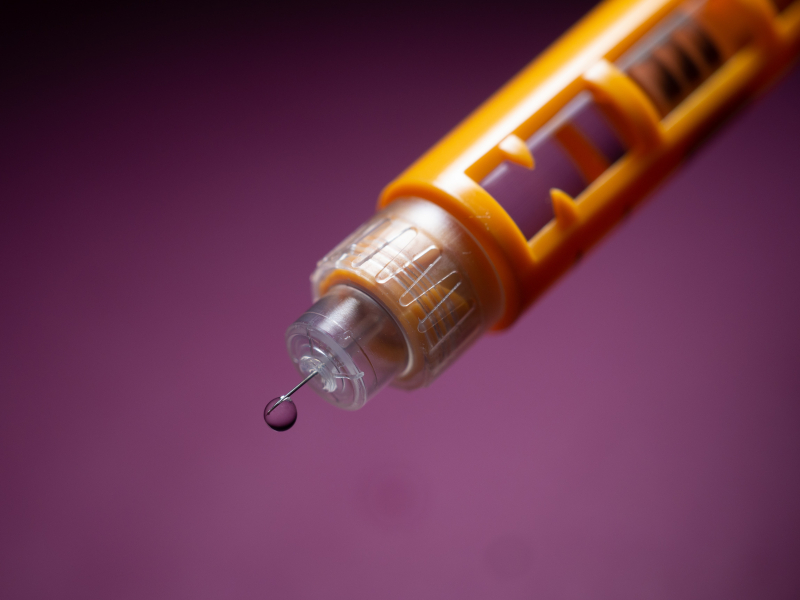
Photo by Dennis Klicker on Unsplash 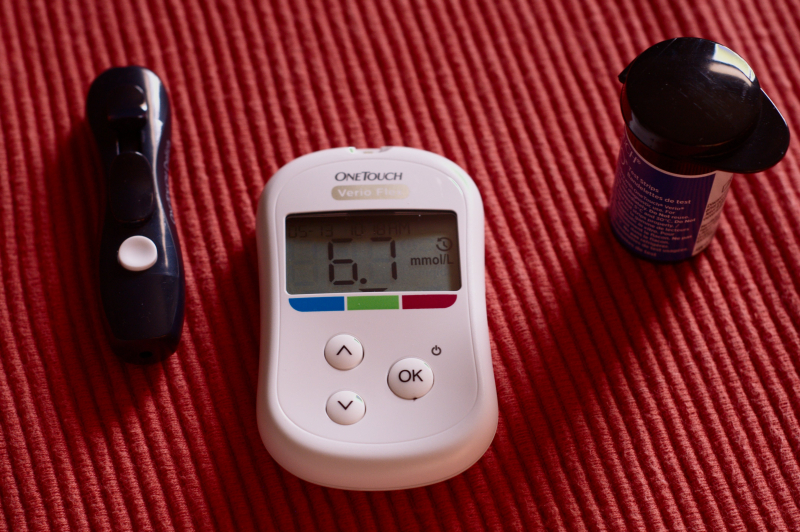
Photo by Kate on Unsplash -
Prior to beginning sitagliptin therapy and each time you receive a refill, read the medication guide that your pharmacist has provided. Ask your physician or pharmacist if you have any queries.
Take this medication by mouth, once a day, as prescribed by your doctor, with or without food.
The dosage is determined by your health status, kidney function, and treatment response. To reap the greatest benefits from this drug, take it frequently. Take it at the same time every day to aid in memory. Pay close attention to the meal plan, exercise routine, and medication regimen your doctor has advised.
Check your blood sugar levels on a regular basis, as directed by your doctor. Maintain a record of the results and share them with your doctor. Inform your doctor if your blood sugar levels are abnormally high or low. Your dosage or treatment may need to be adjusted.
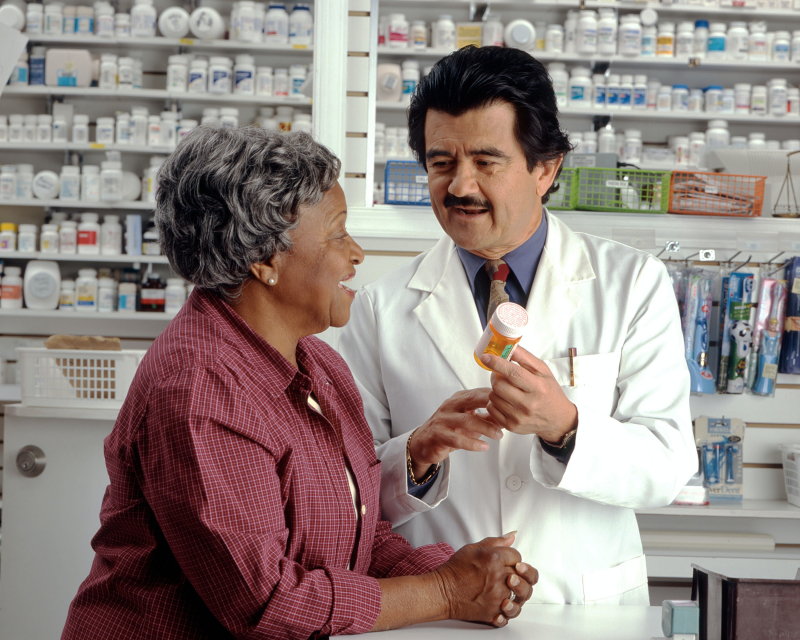
Photo by National Cancer Institute on Unsplash 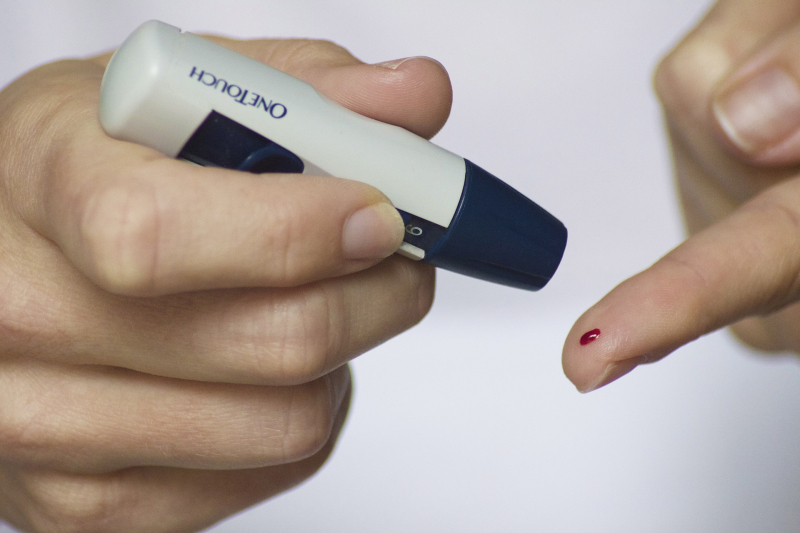
Photo on Wikimedia Commons (https://upload.wikimedia.org/wikipedia/commons/f/f7/Testing_Blood_Sugar_Levels.jpg) -
Keep in mind that your doctor has recommended this medication because they believe it will benefit you more than it will harm you. Many users of this medicine report no significant negative effects.
Low blood sugar (hypoglycemia) may happen if sitagliptin is administered along with other diabetic drugs, despite the fact that this treatment by itself often does not induce hypoglycemia. Whether the dosage of your other diabetes medication(s) needs to be lowered should be discussed with your doctor or pharmacist.
Low blood sugar symptoms include excessive sweating, shaking, rapid heartbeat, hunger, blurred vision, dizziness, or tingling hands/feet. Carrying glucose tablets or gel to treat low blood sugar is a good habit. If you don't have these reliable sources of glucose, you can quickly raise your blood sugar by eating a quick source of sugar like table sugar, honey, or candy, or by drinking fruit juice or non-diet soda. Inform your doctor as soon as possible about the reaction. Low blood sugar is more likely if you consume a lot of alcohol, do a lot of exercises, or don't eat enough calories. Eat meals on a regular schedule and avoid skipping meals to help prevent low blood sugar. To find out what to do if you miss a meal, speak to your doctor or pharmacist.
Hyperglycemia symptoms include thirst, increased urination, confusion, drowsiness, flushing, rapid breathing, and fruity breath odor. If these symptoms occur, tell your doctor right away. Your diabetes medication may need to be adjusted by your doctor (s).
Notify your doctor right away if you experience any serious side effects, such as kidney problems (such as a change in urine volume), joint pain, unusual skin blisters, or signs of heart failure (such as shortness of breath, swelling ankles/feet, unusual tiredness, or unusual/sudden weight gain).If you experience any of the following extremely serious side effects, seek medical attention immediately: signs of pancreatitis (such as persistent nausea/vomiting, loss of appetite, severe stomach/abdominal/back pain).
Rarely will this medication cause a very serious allergic reaction. Nevertheless, if you have any of the following signs of a significant allergic response, seek medical attention right away: rash, itching, or swelling (particularly of the face, tongue, or neck), severe dizziness, or difficulty breathing.
This is not an exhaustive list of potential side effects. Contact your doctor or pharmacist if you notice any other side effects not listed above.
In the United States, contact your doctor for medical advice about side effects. You can report side effects to the FDA by calling 1-800-FDA-1088 or visiting www.fda.gov/medwatch.
In Canada, contact your doctor if you are experiencing side effects. You can contact Health Canada at 1-866-234-2345 to report side effects.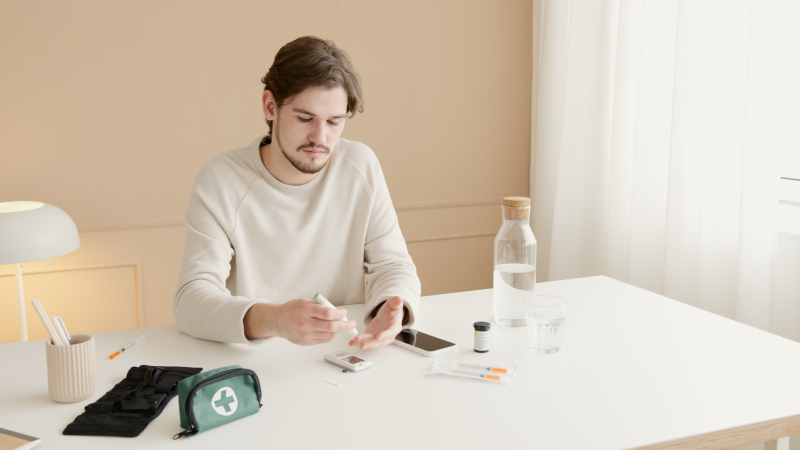
Photo by Artem Podrez: https://www.pexels.com/photo/a-man-checking-his-blood-sugar-level-using-a-glucometer-6823487/ 
blurred vision - Photo by Ina Carolino on Unsplash -
Inform your doctor or pharmacist if you have any allergies before using sitagliptin, in addition to any other allergies you may have. Inactive chemicals in this product have the potential to trigger allergic reactions or other issues. To learn more, speak with your pharmacist.
Inform your doctor or pharmacist about your medical history before using this drug, particularly if you have renal disease, heart failure, pancreatitis, or gallbladder stones (gallstones).
Due to excessively low or high blood sugar, you might feel lightheaded, groggy, or sleepy. Until you are certain that you can perform such activities safely, avoid driving, using machinery, or engaging in any other activity that calls for attention or sharp vision.
Avoid drinking alcohol while taking this medication because it increases your chances of developing low blood sugar.
When your body is stressed, it may be more difficult to control your blood sugar (such as due to fever, infection, injury, or surgery). Consult your doctor if you are experiencing increased stress because it may necessitate a change in your treatment plan, medications, or blood sugar testing.
Inform your surgeon or dentist of all the products you use prior to surgery (including prescription drugs, nonprescription drugs, and herbal products).
This drug should only be taken during pregnancy if absolutely necessary. Diabetes can develop during pregnancy or get worse. With your doctor, go over a plan for controlling your blood sugar during pregnancy. Throughout your pregnancy, your doctor might alter your diabetes therapy. Examine the advantages and disadvantages of various treatments (such as diet, exercise, and medications including insulin).
It is uncertain if this medication enters breast milk. Before breastfeeding, speak with your doctor.
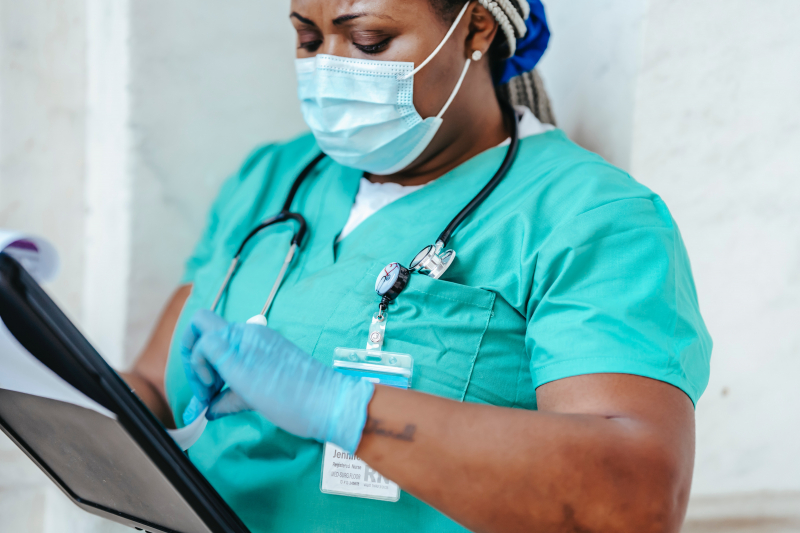
Photo by Laura James: https://www.pexels.com/photo/crop-nurse-in-mask-and-gloves-with-papers-6098054/ 
Photo on Flickr (https://live.staticflickr.com/65535/51125413375_11888840cf_b.jpg) -
Drug interactions can alter the way your medications work or put you at risk for serious side effects. This document does not include every possible drug interaction. Maintain a list of all the products you use (including prescription and nonprescription drugs, as well as herbal supplements) and share it with your doctor and pharmacist. Do not start, stop, or change the dosage of any medications without first consulting your doctor.
Beta-blocker medications (such as metoprolol, propranolol, and glaucoma eye drops like timolol) can help prevent the fast/pounding heartbeat that occurs when your blood sugar falls too low (hypoglycemia). These medications have no effect on other symptoms of low blood sugar, such as dizziness, hunger, or sweating.
Many medications might alter your blood sugar, making it more difficult to manage. Discuss the potential effects of the drug on your blood sugar with your doctor or pharmacist before you begin, stop, or modify any medication. As advised, check your blood sugar frequently, and inform your doctor of the results. If you experience high or low blood sugar symptoms, contact your doctor right away. (See also the section on side effects.) Your diabetic medication, exercise routine, or diet may need to be changed by your doctor.
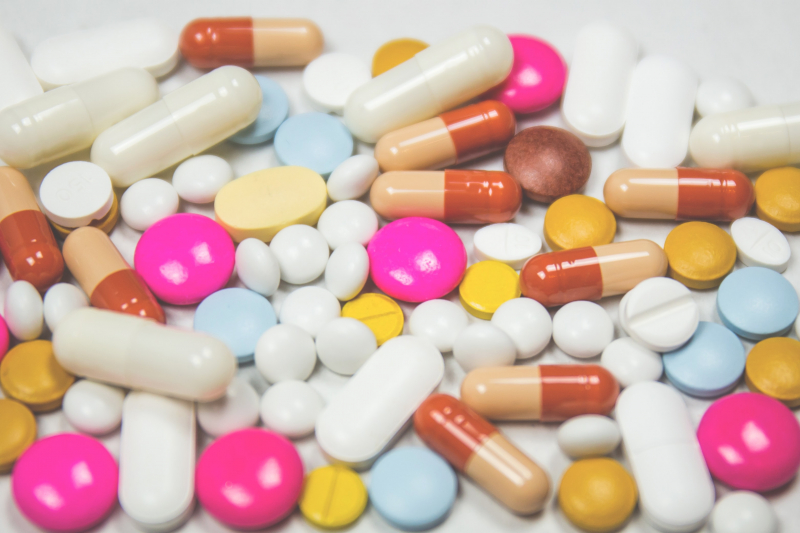
Photo by freestocks on Unsplash 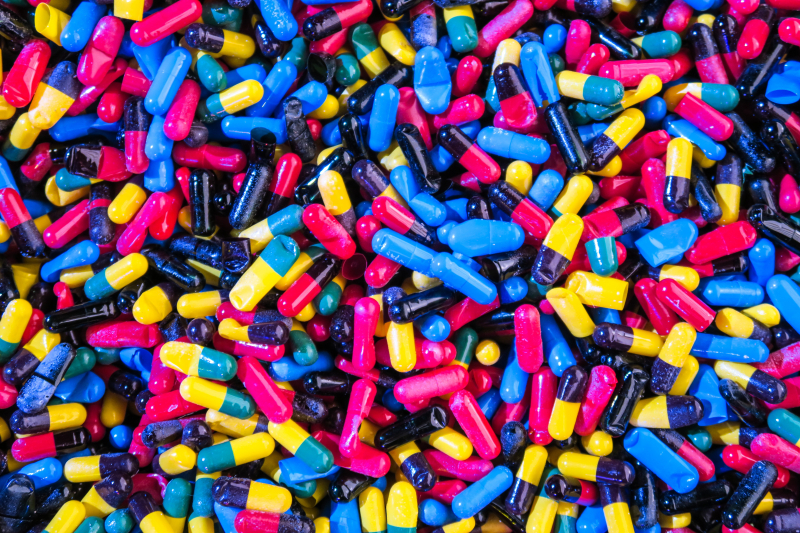
Photo by JOSHUA COLEMAN on Unsplash -
Call 911 if someone has overdosed and is experiencing serious symptoms such as passing out or difficulty breathing. Otherwise, contact a poison control center immediately. Residents in the United States can contact their local poison control center at 1-800-222-1222. Residents of Canada can contact a provincial poison control center.
Notes
Januvia should not be given to anyone else.While you are taking this medicine, lab and/or medical testing (such as kidney function, blood glucose, and hemoglobin A1c) should be performed. Keep all appointments for testing and medical care. For further information, talk to your doctor.
Learn more about managing your diabetes with medications, a healthy diet, exercise, and routine checkups by attending a diabetes education session.
Discover how to treat low blood sugar as well as the signs of high and low blood sugar. As indicated, check your blood sugar frequently.
Missed Dose
If you forget to take a dose, take it as soon as you remember. If the next dose is approaching, skip the missed dose. Take your next dose at your usual time. To catch up, do not double the dose.Storage
Store away from light and moisture at room temperature. Keep out of the bathroom. Keep all medications out of the reach of children and pets.Unless otherwise directed, do not flush medications or pour them down the drain. When this product has expired or is no longer needed, properly dispose of it. Consult your pharmacist or a waste disposal company in your area.
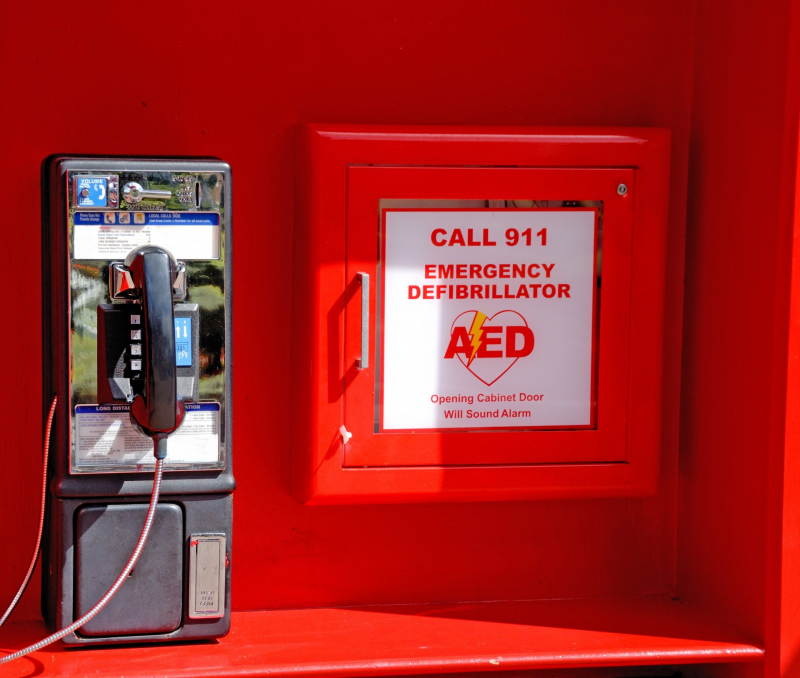
Photo on Needpix.com 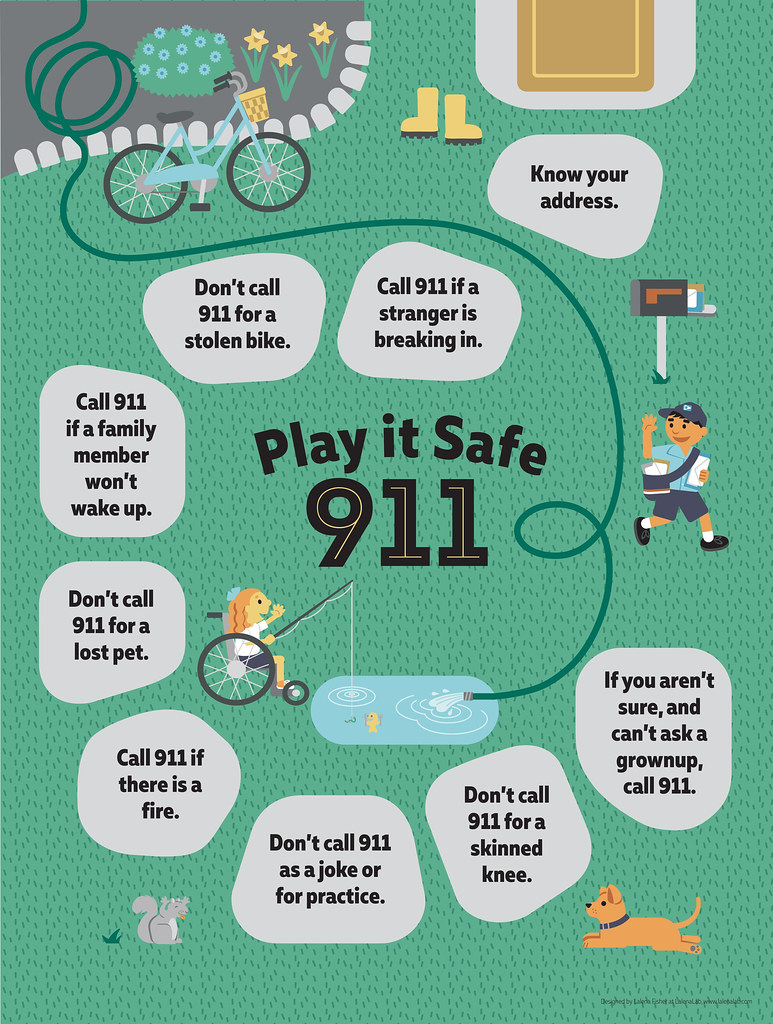
Photo on Flickr (https://live.staticflickr.com/65535/40711602763_d54a196987_b.jpg) -
Used to enhance blood glucose control in persons with type 2 diabetes in addition to diet and exercise.
Januvia effectively reduced hemoglobin A1C, fasting plasma glucose, and 2-hour postprandial glucose in patients with type 2 diabetes.
According to research, managing high blood sugar lowers the risk of heart attack and stroke, protects the kidneys, eyes, and nerves, and lessens sexual dysfunction in diabetics.
It is safe to take with or without food.
For type 2 diabetes, it may be used in conjunction with other medications.
It does not make you sleepy.
Januvia is an oral tablet that should be taken once daily.
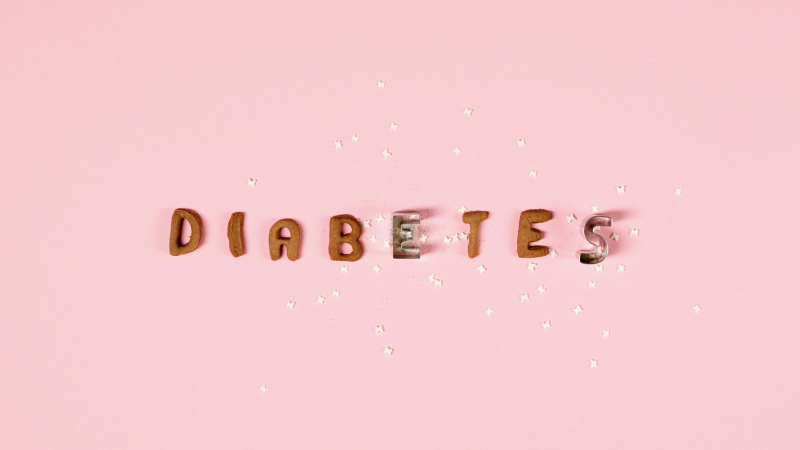
Photo by Artem Podrez: https://www.pexels.com/photo/food-healthy-art-blue-6823735/ 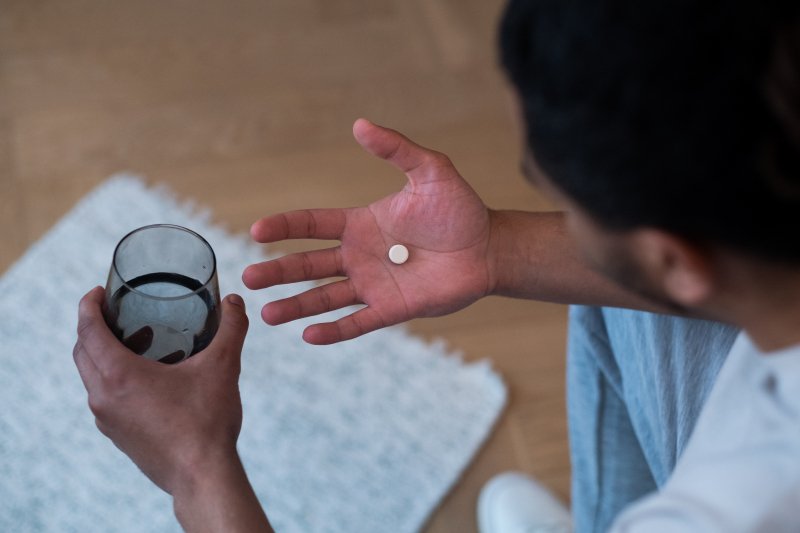
Photo by Ron Lach : https://www.pexels.com/photo/man-taking-a-pill-9902269/










